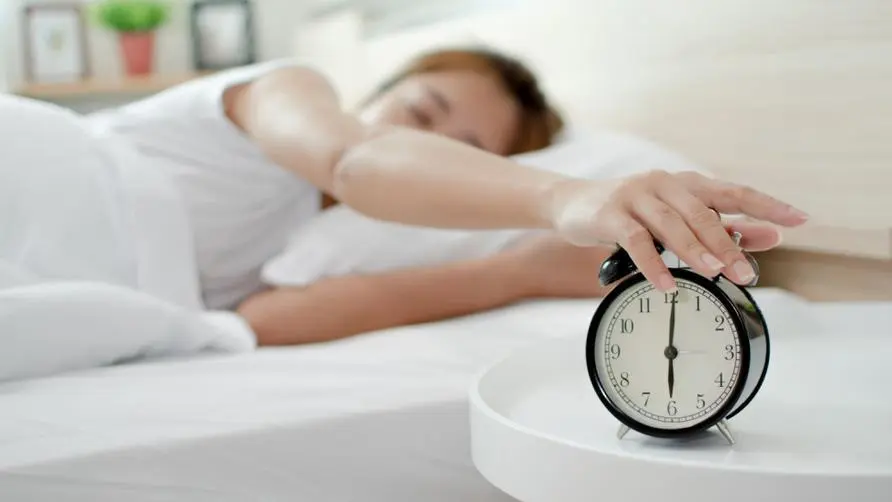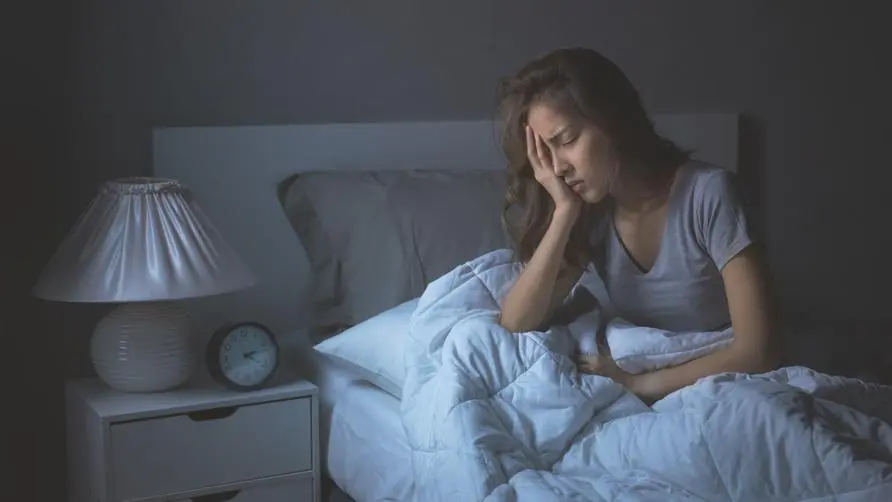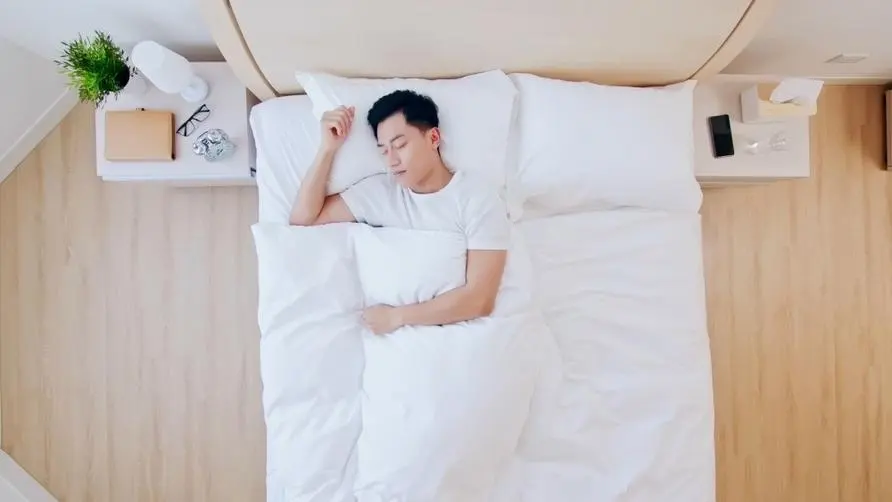Not only is too little sleep harmful to your health! Multinational research confirms: Sleeping for more than 9 hours doubles the risk of stroke

The length of sleep often has a decisive impact on personal health. In fact, not only sleeping too little can cause health problems, sleeping too much can also cause a burden on the body? A study published in “Neurology” pointed out that both short and long sleep times are related to an increased risk of stroke. The more sleep problems an individual has, the greater the risk of stroke.
Not only is too little sleep harmful to your health? Study: Sleeping for more than 9 hours doubles the risk of stroke
A multinational research team from the United States, South America, Europe, Africa and other regions analyzed the medical care of 1,799 patients who had previously suffered ischemic stroke (the most common type of stroke, caused by plaque in the blood blocking arterial blood flow to the brain) Healthcare data and the medical records of 439 patients with cerebral hemorrhage were also analyzed. The average age of the subjects was 62 years old.
Through a questionnaire survey, the research team learned about the subjects’ sleep status one month before the stroke, including sleep duration, sleep quality and other indicators. Research results have found that a variety of sleep problems are related to an increased incidence of stroke: Those who sleep less than 5 hours a night are three times more likely to have a stroke than those who sleep more than 7 hours; while those who sleep more than 9 hours a night, the risk of stroke is about It is twice as long as those who sleep for 7 hours.
People with multiple sleep disorders are more likely to have a stroke! Are irregular heartbeats and high blood pressure related to lack of sleep?
The research team also analyzed patients with sleep apnea and found that subjects with sleep apnea problems were more likely to have a stroke. The risk of stroke among snorers is 91% higher than that of ordinary people. Subjects who make wheezing and snorting sounds are more than three times more likely to have a stroke. It is worth mentioning that subjects who take a lunch break of more than 1 hour have a high risk of stroke. Out 88%. If the above sleep problems are combined, the risk of stroke will also increase simultaneously.
“If you have more than one of the above sleep problems, the risk of stroke is up to five times higher,” said study author Christine McCarthy, MD, National University of Ireland, Galway. The main causes of sleep problems include obesity, age and alcohol abuse habits. Etc., is often one of the causes of stroke. Therefore, the correlation between bad living habits, sleep, and stroke needs to be further clarified.
Dr. McCarthy emphasized that the results presented in the study are only correlational studies, not causation. Poor sleep quality does not necessarily directly cause stroke, but it is a major risk factor for stroke. “The reduction of non-rapid eye movement sleep (NREM) is related to intermittent hypoxia, increased blood pressure, arrhythmia, body inflammation, insulin resistance, increased stress hormones, hypercoagulation, etc. These complications may be the cause As a potential cause of stroke, long-term sleep problems should be taken more seriously.”
Is being unable to sleep or not getting enough sleep an attack of “insomnia”? Seek medical attention immediately if you experience “6 symptoms” 3 days a week!
To sum up, being unable to sleep, not sleeping well, or not getting enough sleep may increase the risk of stroke. Especially for those who suffer from long-term insomnia, the impact may not be limited to stroke problems. Dr. Yan Chongyou, Director of the Psychosomatic Department of Losheng Sanatorium, Taiwan Ministry of Health and Welfare, said that insomnia means difficulty in maintaining sleep, resulting in poor sleep quality or reduced sleep time. Insomnia occurs 3 or more days a week, and fatigue and fatigue occur during the day. Symptoms such as drowsiness, irritability, difficulty concentrating, or physical discomfort may affect study or work. If it lasts for less than 3 months, it is called acute insomnia, and if it lasts for more than 3 months, it is called chronic insomnia.
Dr. Yan Congyou pointed out that the causes of insomnia are complex and may include psychological stress, chronic pain, hyperthyroidism, heart failure, heartburn, etc. In addition, long-term insomnia can easily lead to depression, drug or alcohol abuse, poor cognitive function, and affect the quality of life. It may also cause high blood pressure, blood sugar and immune regulation disorders, cerebrovascular disease, cardiovascular disease, and even reduced sexual desire. Impotence.
Avoid eating before going to bed and watching TV shows in bed! Doctors teach 10 tricks to solve sleep problems
Dr. Yan Congyou emphasized that patients with insomnia cannot rely solely on sleeping pills, but must first find out the cause of insomnia; if there are breathing-related sleep problems, they need the assistance of oral appliances or continuous positive pressure respirators, as well as weight loss; if If it is related to medical or psychiatric related diseases, the medical or psychiatric illness needs to be treated by a specialist.
In addition, developing good sleeping habits is the best way to avoid insomnia. People may wish to refer to the following “10 Good Sleep Suggestions” to maintain the best sleep state:
Have a regular schedule and sleep.
Comfortable sleeping environment: appropriate room temperature, lighting, less noise and comfortable mattress.
Limit lunch breaks.
It is forbidden to drink coffee, tea, cola, alcohol and smoking after dinner.
Avoid using the bed or bedroom for other non-sleeping activities, such as watching TV and playing video games.
Take medicines on time and as prescribed by your doctor.
In order to avoid frequent urination at night and getting up to go to the toilet, which affects sleep, it is best to drink less water and drinks after dinner.
You can eat snacks to help you sleep before going to bed, but you should not eat too much.
Exercise regularly; it is advisable to do gentle and relaxing activities before going to bed, and avoid strenuous activities before going to bed.
Actively participate in social activities.
Source:
Further reading:





